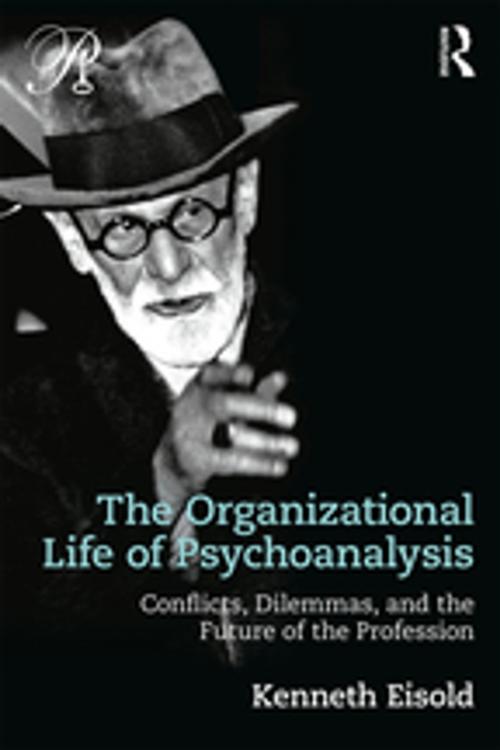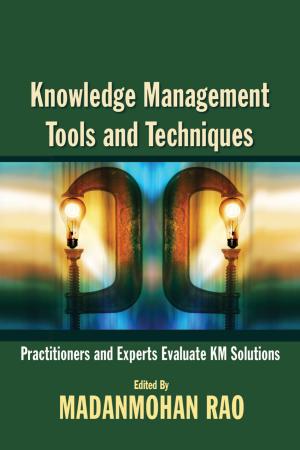The Organizational Life of Psychoanalysis
Conflicts, Dilemmas, and the Future of the Profession
Nonfiction, Health & Well Being, Psychology, Psychoanalysis, Mental Health| Author: | Kenneth Eisold | ISBN: | 9781315390062 |
| Publisher: | Taylor and Francis | Publication: | July 14, 2017 |
| Imprint: | Routledge | Language: | English |
| Author: | Kenneth Eisold |
| ISBN: | 9781315390062 |
| Publisher: | Taylor and Francis |
| Publication: | July 14, 2017 |
| Imprint: | Routledge |
| Language: | English |
The Organizational Life of Psychoanalysis is a wide-ranging exploration and examination of the organizational conflicts and dilemmas that have troubled psychoanalysis since its inception. Kenneth Eisold provides a unique, detailed, and closely reasoned account of the systems needed to carry out the tasks of training, quality control, community building, and relationships with the larger professional community. He explores how the freedom to innovate and explore can be sustained in a context where the culture has insisted on certain standards being set and enforced, standards that have little to do with providing effective pathways to cure.
Each chapter in this collection addresses a specific dilemma faced by the profession, including:
- Who is to be in charge of training and who will determine those who succeed the existing leadership?
- Which theories and practices are to be approved and which proscribed and censored?
- How is the competition with alternative methods, including psychotherapy informed by psychoanalysis, to be managed?
Several chapters are devoted to exploring the reciprocal influence of Freudian psychoanalysis and Jungian Analytical Psychology. Others explore the specific dilemmas and difficulties affecting the field currently, stemming from the massive restructuring of the health care industry and the changes affecting all professions, as they are reshaped into massive organizations no longer marked by personal relationships and individual control.
The Organizational Life of Psychoanalysis will be essential reading for psychoanalysts, psychoanalytic psychotherapists, and anyone interested in the future of psychoanalysis as a profession. It will appeal greatly to anyone who has assumed full or partial responsibility for the management of a psychoanalytic institute or association.
The Organizational Life of Psychoanalysis is a wide-ranging exploration and examination of the organizational conflicts and dilemmas that have troubled psychoanalysis since its inception. Kenneth Eisold provides a unique, detailed, and closely reasoned account of the systems needed to carry out the tasks of training, quality control, community building, and relationships with the larger professional community. He explores how the freedom to innovate and explore can be sustained in a context where the culture has insisted on certain standards being set and enforced, standards that have little to do with providing effective pathways to cure.
Each chapter in this collection addresses a specific dilemma faced by the profession, including:
- Who is to be in charge of training and who will determine those who succeed the existing leadership?
- Which theories and practices are to be approved and which proscribed and censored?
- How is the competition with alternative methods, including psychotherapy informed by psychoanalysis, to be managed?
Several chapters are devoted to exploring the reciprocal influence of Freudian psychoanalysis and Jungian Analytical Psychology. Others explore the specific dilemmas and difficulties affecting the field currently, stemming from the massive restructuring of the health care industry and the changes affecting all professions, as they are reshaped into massive organizations no longer marked by personal relationships and individual control.
The Organizational Life of Psychoanalysis will be essential reading for psychoanalysts, psychoanalytic psychotherapists, and anyone interested in the future of psychoanalysis as a profession. It will appeal greatly to anyone who has assumed full or partial responsibility for the management of a psychoanalytic institute or association.















